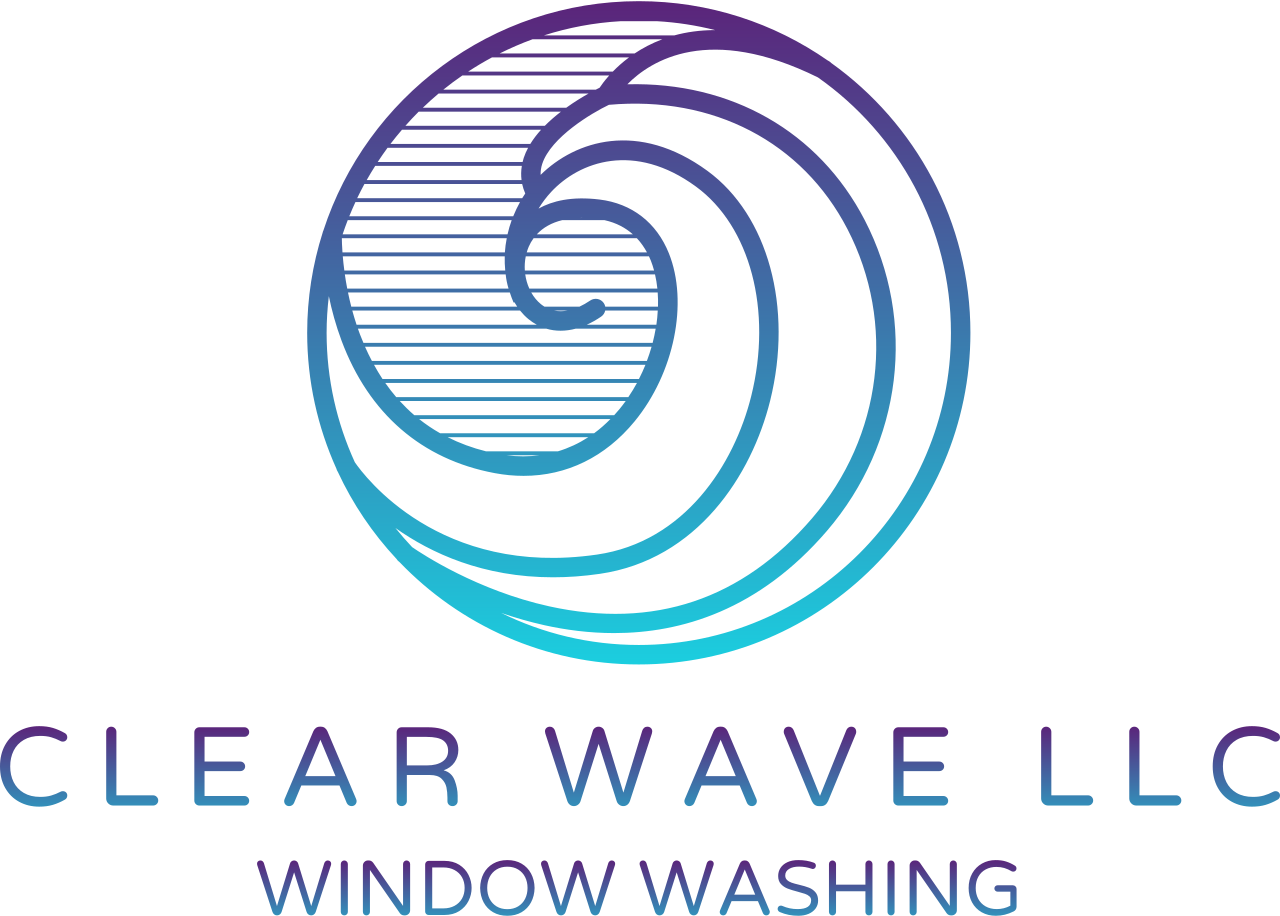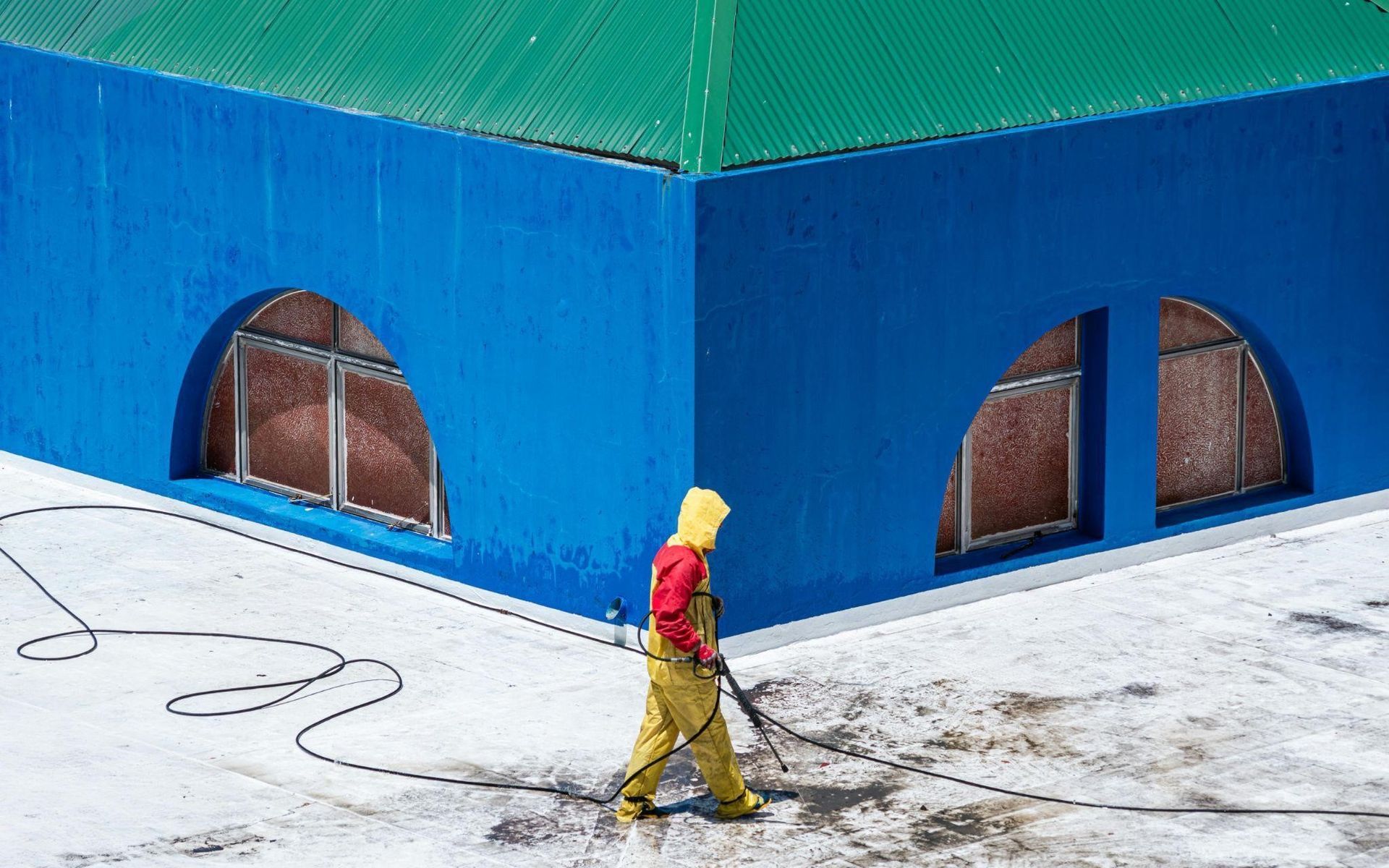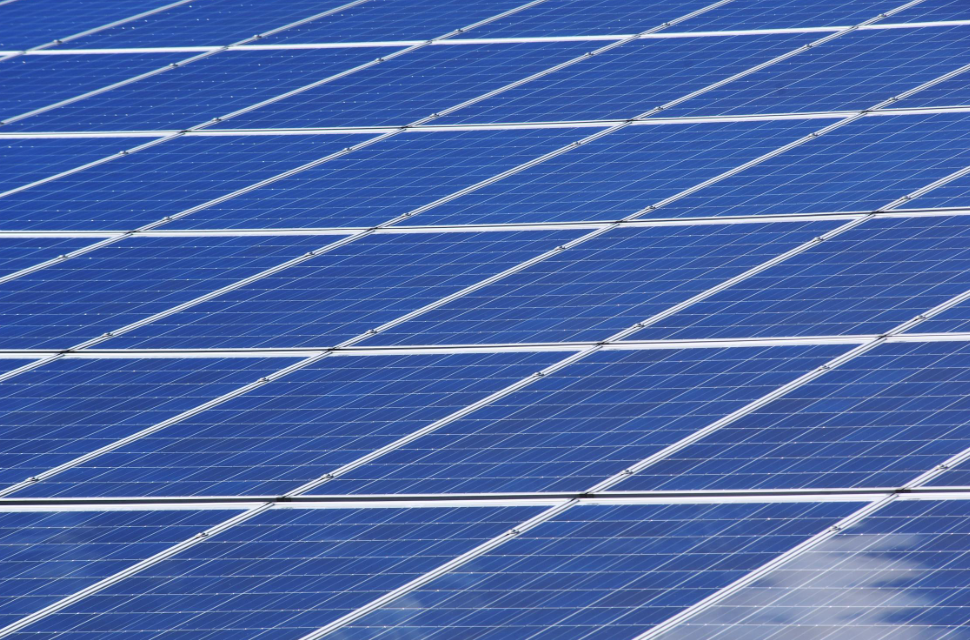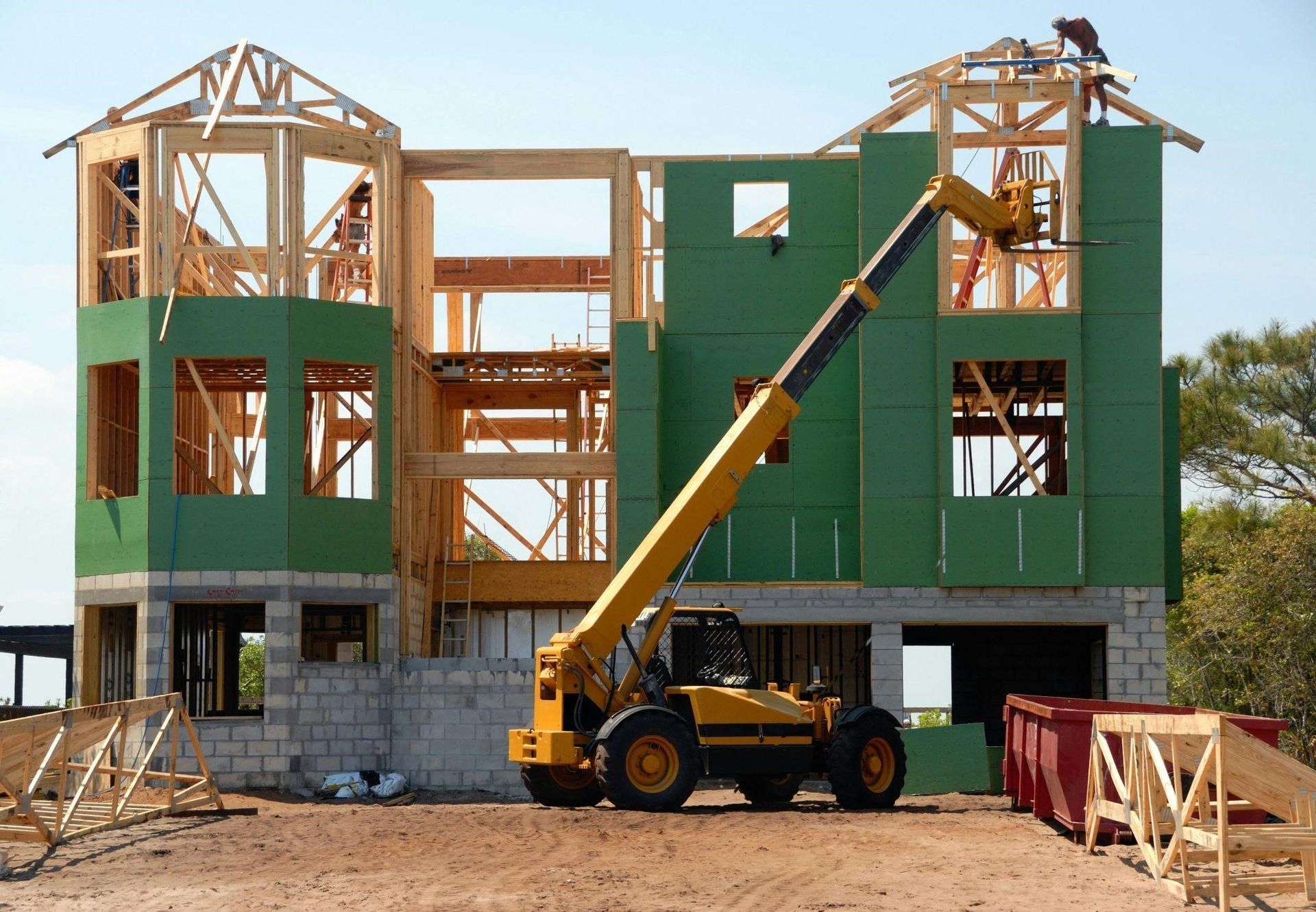Is Rain Enough to Clean Your Solar Panels? Expert Insights
If you’ve invested in solar energy, you likely value efficiency and sustainability, but there’s a silent performance killer you may be overlooking, which is dirt. It’s tempting to think, “Rain will take care of it,” right? After all, rain cleans your car, sidewalks, and even your windows to some extent. Well, when it comes to solar panels, relying solely on rain is a bit like brushing your teeth with water alone. Thus, in this article, we’ll explore whether rain really cuts it for solar panel maintenance and what the experts have to say about it.
The Role of Clean Solar Panels in Performance
To understand why cleaning matters, let’s talk about how solar panels work. The solar panels consist of photovoltaic (PV) cells that capture sunlight and convert it into usable electricity. The more sunlight your panels absorb, the more power they generate. Well, what happens when a layer of dust, pollen, bird droppings, or pollution forms a film over your panels? It results in reduced light absorption and lower energy output.
According to research by the National Renewable Energy Laboratory (NREL), dirty solar panels can experience efficiency losses of 15% to 25%. These numbers can climb even higher in particularly dusty or polluted regions, and this leads us to the key point that solar panel maintenance isn't just a good practice; it's essential.
So, in simple terms, cleaner panels = more power + more savings.
Can Rain Be Considered Nature’s Free Cleaner?
Experts across the solar energy industry agree that rain is nature’s way of washing surfaces, but solar panels are not self-cleaning devices. While rain does remove surface-level dirt and dust, it’s not effective at dislodging stubborn contaminants. Why? Let’s understand this by a simple analogy.
Imagine washing your car in the rain. Yes, it might look cleaner initially, but once it dries, you often notice water spots and streaks. Your solar panels face the same problem. However, in regions with minimal pollution and plenty of clean rain, you might see some maintenance relief, but you can’t count on rain alone. Now, let’s dive deep into knowing the answer of why.
Expert Insights on Why Rain Is Not Enough
1. Rainwater's Limited Cleaning Power
Rainwater lacks the pressure and agitation needed to remove stubborn contaminants like bird droppings, sap, or baked-on dust. These residues can significantly reduce a panel's efficiency.
2. Potential for Residue and Streaks
In areas with hard water or high pollution, rain can leave behind mineral deposits or a thin film of grime on panels. This residue scatters sunlight and reduces the panels' ability to absorb energy effectively.
3. Risk of Algae and Lichen Growth
In humid or shaded environments, rain can contribute to the growth of algae, moss, and lichen on solar panels. These organic growths cling to the glass surface and require specialized cleaning solutions to remove them effectively and deter future growth.
To sum up, while rain can assist in removing some surface-level dirt, it is not a substitute for regular, thorough cleaning. Therefore, relying solely on rainfall can lead to decreased efficiency and potential long-term damage to your solar investment.
The Science of How Dirt Affects Solar Efficiency
- Light Obstruction: Dust and dirt create a barrier that scatters sunlight, preventing it from hitting the PV cells at full intensity. Even a thin layer of grime can lead to significant performance losses.
- Hot Spots: Accumulated debris can cause certain areas of a panel to heat unevenly, leading to what’s known as "hot spots." They may damage cells over time.
- Chemical Build-Up: Urban environments introduce pollutants that mix with rainwater and leave chemical deposits on your panels. This film can reduce transmission of sunlight and etch the glass surface over time.
A Reality Check
Consider a solar farm in Bakersfield, California, where dust storms are common. The operators noticed an alarming 30% dip in energy production despite regular rainfall during the spring. After a thorough professional solar panel cleaning, output spiked by 28%. This is a figure that validates the gap between rain-only cleaning and proper maintenance. Hence, this case is a compelling argument that clean solar panels require more than a rain dance.
This case isn’t unique. In Dubai’s desert climate, where sand and dust storms are frequent, solar companies have turned to automated robotic cleaning systems, because rainfall has proven utterly insufficient.
Source: Zawya
Expert Maintenance Tips for Maximum Solar Panel Efficiency
We reached out to top solar technicians in the industry to learn how homeowners and businesses can keep their solar panels performing at their best. Here are their expert-backed, practical maintenance tips to help you get the most from your solar investment:
- Routine Inspections: Make it a habit to visually inspect your solar panels at least once every three months. Look out for dust buildup, bird droppings, leaves, or any other debris. Inspections are especially important after heavy storms or during seasons with high pollen or falling leaves. In the end, regular checks help catch issues early before they impact the energy output.
- Use Soft Brushes or Sponges: When cleaning your panels yourself, always use non-abrasive tools. Soft brushes, microfiber cloths, or sponges are your best tools. Avoid anything rough like steel wool or harsh scrubbers, because they can create tiny scratches on the glass. These micro-scratches may not be visible, but over time, they can reduce the amount of sunlight your panels absorb.
- Consider Professional Help: If your panels are installed on a steep roof or are tough to reach, don’t risk your safety. Call in the pros. Professional solar panel cleaners use specialized tools and deionized water systems that clean thoroughly without leaving mineral streaks. They also know how to spot early signs of wear or damage, giving you peace of mind.
- Invest in Anti-Soil Coatings: Anti-soil or hydrophobic coatings can help prevent dirt from sticking to the surface of your panels. These coatings make it easier for rain to wash away dust and grime and reduce how often you need to clean. It’s a smart investment, especially in dry or dusty regions where buildup happens quickly.
- Monitor System Output: Keep an eye on your system’s performance through your inverter or monitoring app. If you notice a sudden or gradual drop in energy production that can’t be explained by weather, it might be time for a cleaning. A noticeable dip in output often signals dirt or debris blocking sunlight from reaching the cells.
Beyond Cleaning: Holistic Solar Panel Maintenance
Cleaning is just one piece of the puzzle when it comes to keeping your solar system running at peak performance. A robust solar panel maintenance plan should go beyond just washing the panels. Here are a few more essential tasks to keep your setup efficient and long-lasting.
- Checking Mounting & Wiring: Take a close look at the mounting structures and wiring at least twice a year. Check for any loose bolts, rust, or visible wear and tear. Corroded or damaged parts can lead to bigger issues down the line, including reduced efficiency or safety hazards. Catching these early helps prevent costly repairs.
- Inverter Inspections: Your inverter is the heart of your solar system. Make sure its indicator lights are showing normal operation and that all readouts are within expected ranges. If you notice error messages, blinking lights, or unexplained drops in output, it might be time for a technician to take a closer look.
- Vegetation Control: Keep surrounding trees, shrubs, and climbing plants well-trimmed. Overgrown branches can cast shade on your panels and significantly reduce energy production. Falling leaves and pollen can also pile up, adding to your cleaning needs.
- Gutter & Roof Health:
A healthy roof supports a healthy solar system. Thus, clear out gutters regularly to prevent water overflow and debris buildup near your panels. Inspect your roof for moss, algae, or damaged shingles. Keeping the surrounding structure in good shape protects both your solar investment and your home.
The Final Word
Let’s revisit the question again, “Is rain enough to clean your solar panels?” In simple words, “No.” Not if you want sustained optimal performance.
Solar energy is a long-term investment, and like any valuable asset, it requires thoughtful care to yield its best return. While rain might give your solar panels a quick rinse, real performance demands more attention. Thus, rain cannot replace scheduled solar panel cleaning as part of a larger solar panel maintenance routine.
Since professional care is the smartest way to ensure long-term efficiency and savings, you might be asking yourself which professional cleaning is best. Solar Panel Cleaning by Clear Wave is your answer right here.
We specialize in solar panel cleaning that goes beyond surface shine. Our 4-stage deionized water system delivers deep, streak-free cleaning that rain simply can’t match. So, don’t let dirt steal your solar savings. Contact Clear Wave today and let the sun do its job better!
For insights and tips about solar damages, give a read to our article, Checking Your Solar Panels for Damages: What You Need to Know. Happy exploring!






